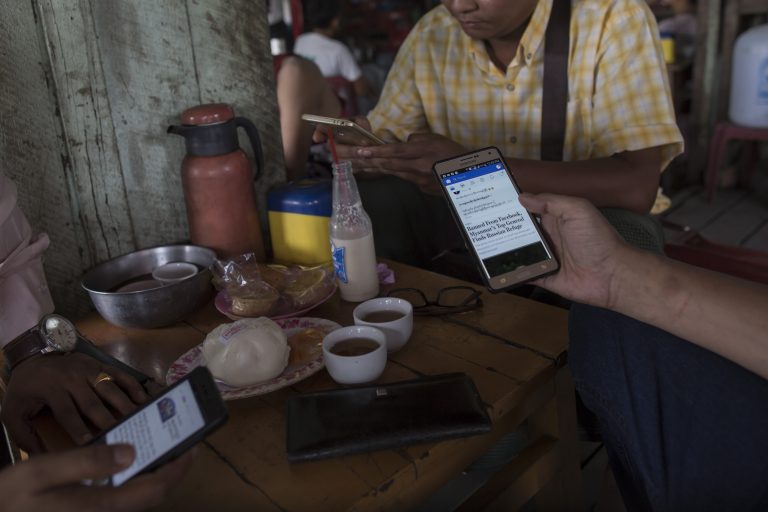On Sept. 22, a U.S. federal judge instructed Facebook to release records of closed accounts connected to the Myanmar government’s violence against the Rohingya community. U.S. Magistrate, Judge Zia M. Faruqui, criticized Facebook for failing to provide information to countries that are pursuing a case at the international court against Myanmar. He stated that allowing Facebook to withhold such data would “compound the tragedy that has befallen the Rohingya.”
Facebook refused to release the data citing privacy issues. According to the social media giant, such a move would be a breach of a U.S. law that prevents electronic communication services from disclosing the interactions of their users. But the judge noted that the deleted posts would not be covered under the law.
“Locking away the requested content would be throwing away the opportunity to understand how disinformation begat genocide,” Faruqui wrote in the ruling. He added that Facebook taking up the mantle of privacy rights is “rich with irony,” pointing out that “news sites have entire sections dedicated to Facebook’s sordid history of privacy scandals.”
A spokesperson from Facebook told Forbes that the company was appraising the decision and noted that it has already made “voluntary, lawful disclosures” to the United Nations’ Independent Investigative Mechanism for Myanmar (IIMM).
The government of Gambia is seeking the data of closed accounts as it wants to prosecute Myanmar’s government at the International Court of Justice (ICJ) in Hague. Myanmar has been accused of violating the 1948 United Nations Convention on Genocide by Gambia.
Success
You are now signed up for our newsletter
Success
Check your email to complete sign up
Back in 2018, UN investigators blamed Facebook for playing a role in spreading hate speech that triggered violence against the Rohingya. Facebook admitted at the time that it was “too slow to prevent misinformation and hate” in Myanmar.
The accounts, which were closed in 2018, include those of senior Myanmar military leaders such as Sen. Gen. Min Aung Hlaing whose troops were involved in the violent “clearance operation” in Rakhine State. More than 700,000 Rohingya were forced to abandon their homes after the military crackdown. Allegations of mass murder and rape were made. Rights groups also noted that villages were set ablaze and mass killings were carried out.
However, authorities in Myanmar have denied the claims of genocide. According to them, no planned atrocities were committed as they were only combating an insurgency. The suppression of Rohingyas did not create much of a clamor in the Buddhist-majority state of Myanmar at the time. The Rohingyas are considered to be illegal immigrants from Bangladesh.
“Facebook can act now. It took the first step by deleting the content that fueled a genocide. Yet it has stumbled at the next step, sharing that content. Failing to do so here would compound the tragedy that has befallen the Rohingya,” Faruqui said in his judgment.Shannon Raj Singh, human rights counsel at Twitter, called the decision “momentous” and “one of the foremost examples of the relevance of social media to modern atrocity prevention & response.”


















